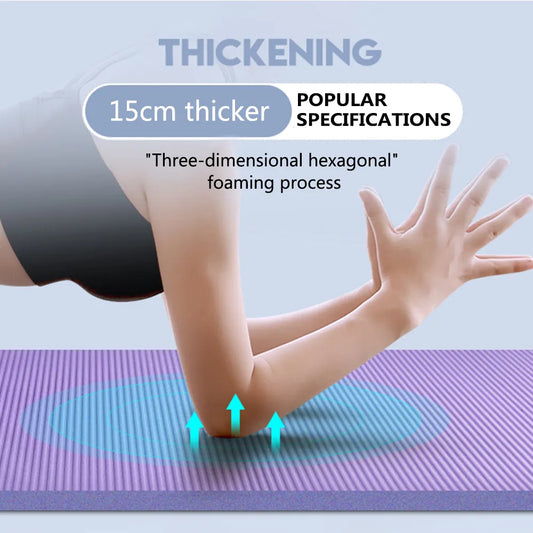Yoga is a holistic system of self-development that encompasses physical, mental, emotional, and spiritual dimensions of well-being. It offers a comprehensive framework for personal growth, self-discovery, and transformation. Here's how yoga serves as a system of self-development:
-
Physical Well-Being: Yoga includes a wide range of physical practices, such as asanas (postures), pranayama (breath control), and kriyas (cleansing techniques), that promote strength, flexibility, balance, and vitality in the body. Through regular practice, individuals cultivate awareness of their physical sensations, improve posture and alignment, and develop a healthier relationship with their bodies.
-
Mental Clarity and Focus: Yoga practices, including mindfulness meditation and concentration techniques, help calm the mind, reduce mental chatter, and enhance clarity and focus. By observing thoughts and emotions without judgment, practitioners develop greater self-awareness and emotional resilience, enabling them to navigate life's challenges with greater equanimity and perspective.
-
Emotional Regulation and Resilience: Yoga encourages emotional regulation and resilience by promoting self-compassion, acceptance, and emotional balance. Through mindful movement, breathwork, and relaxation techniques, individuals learn to cultivate a sense of inner peace, calmness, and emotional stability, even in the face of stress, anxiety, or adversity.
-
Stress Reduction and Relaxation: Yoga offers effective tools for stress reduction and relaxation, including deep breathing exercises, guided imagery, and restorative yoga practices. By activating the body's relaxation response, yoga helps lower cortisol levels, reduce muscle tension, and promote feelings of calmness and well-being.
-
Self-Discovery and Inner Growth: Yoga serves as a journey of self-discovery and inner growth, inviting individuals to explore the depths of their being and uncover their true nature. Through introspection, self-inquiry, and contemplative practices, practitioners gain insight into their thoughts, beliefs, values, and patterns of behavior, leading to greater self-awareness and personal empowerment.
-
Connection to Spirituality and Higher Consciousness: Yoga acknowledges the interconnectedness of all beings and recognizes the innate spirituality within each individual. Through practices such as meditation, mantra chanting, and devotional rituals, practitioners cultivate a sense of connection to something greater than themselves, whether it be a higher power, universal consciousness, or inner divine essence.
-
Lifelong Learning and Growth: Yoga is a lifelong journey of learning, growth, and evolution. As practitioners deepen their practice and explore different aspects of yoga, they continue to evolve physically, mentally, and spiritually, integrating the teachings and principles of yoga into their daily lives and relationships.
-
Integration of Body, Mind, and Spirit: Yoga encourages the integration of body, mind, and spirit, recognizing that true well-being arises from a harmonious balance of these aspects of self. By aligning body, breath, and consciousness, individuals experience a profound sense of unity and interconnectedness, fostering wholeness, harmony, and integration at all levels of being.
In essence, yoga serves as a transformative path of self-discovery, personal growth, and spiritual awakening, empowering individuals to live authentically, mindfully, and compassionately in alignment with their highest potential and purpose. As a system of self-development, yoga offers a profound and holistic approach to living a balanced, fulfilling, and meaningful life.




















